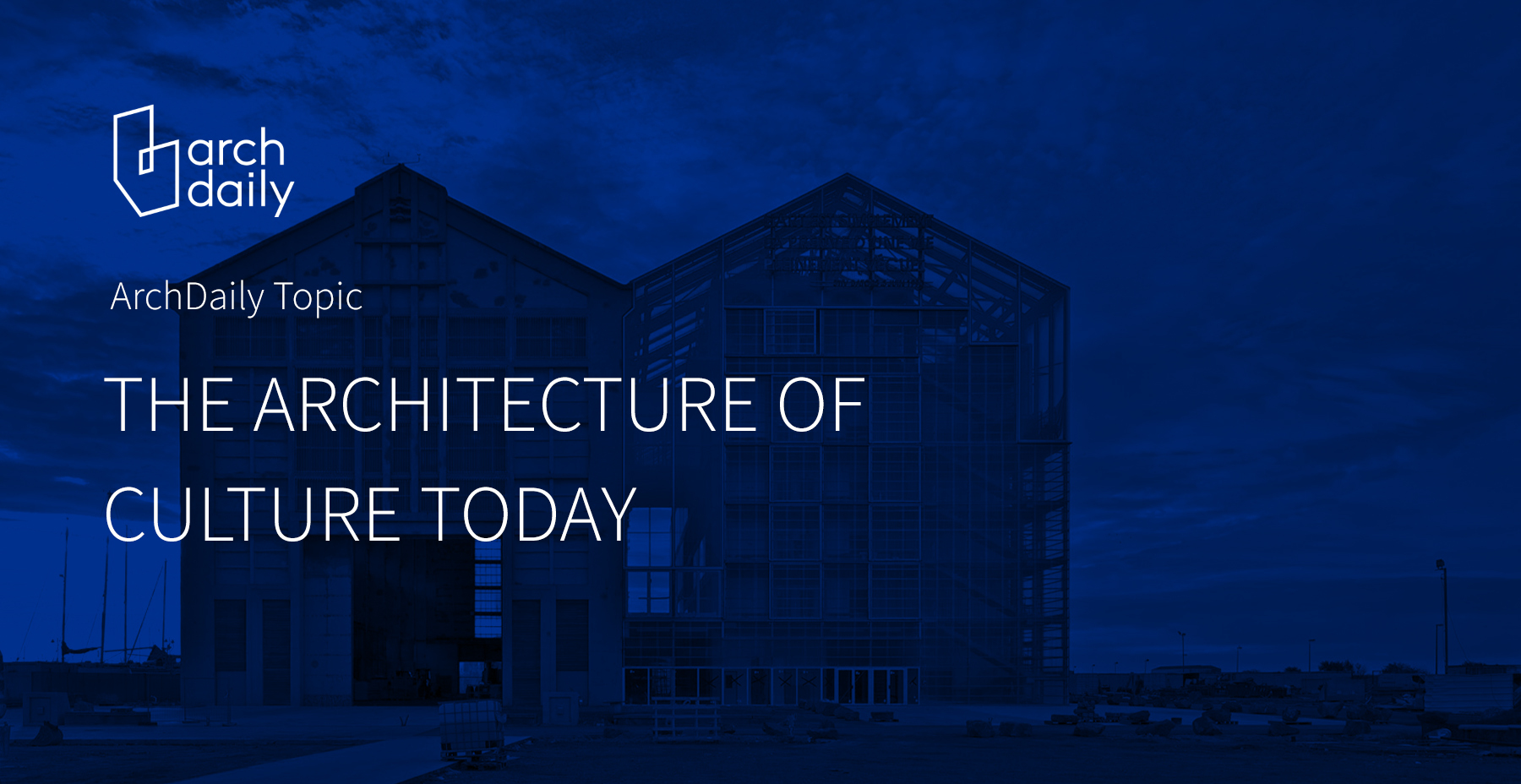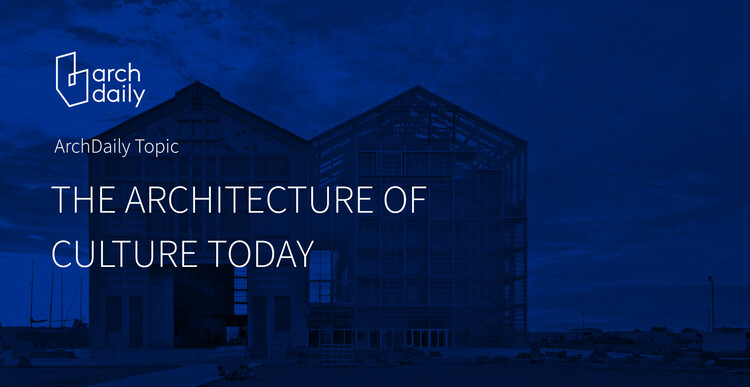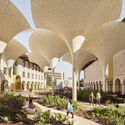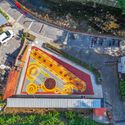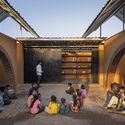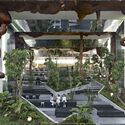Share
Or
https://www.archdaily.com/1034580/october-editorial-topic-the-architecture-of-culture-today
Culture is the set of knowledge and practices people use to express themselves and make sense of the world collectively. As Brazilian philosopher Marilena Chauí reminds us, the word derives from the Latin colere, which means “to take care of.” In that sense, agriculture means taking care of the soil, while religious cults are the care of the gods. At its core, culture is the creation of symbolic universes, expressed through different languages, including architecture, that weave connections across time. It safeguards the memories of the past while opening new possibilities for the future.
This month, ArchDaily explores The Architecture of Culture Today, asking a central question: How does architecture shape the way culture is produced, consumed, and experienced? This theme examines how architecture both shapes and responds to cultural life — from the permanence of museums, theaters, and libraries to the ephemerality of pavilions, installations, and virtual platforms. It considers the architect’s role in curation, scenography, and exhibition design, as well as the portrayal of cultural spaces in film and digital representations.
The discussion also extends to how historical typologies remain relevant in modern cities and how debates around landmarks and contested monuments influence the way societies engage with their cultural heritage. By analyzing these spaces, we aim to understand their evolving role in fostering engagement and identity. Throughout the month, ArchDaily will explore how technology and artificial intelligence are opening new possibilities for preserving heritage and rethinking cultural continuity, how communal spaces foster gatherings and dialogue, and how different cultural typologies create a sense of equity and belonging.
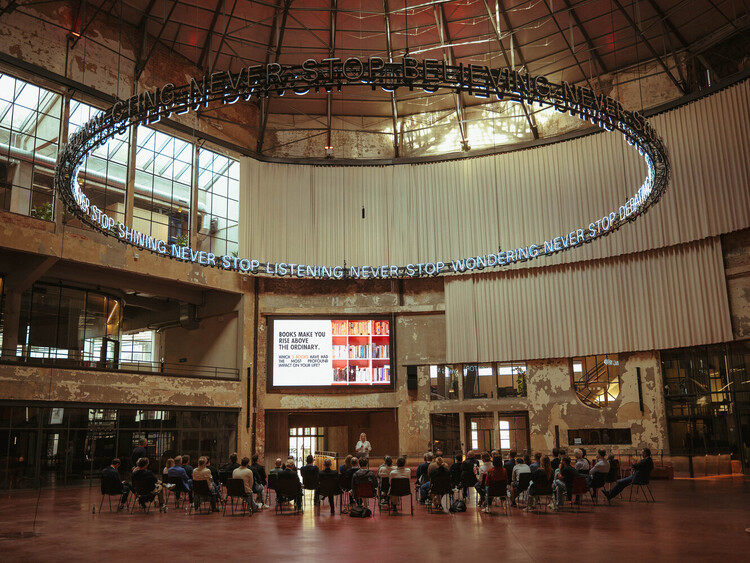 Wintercircus Technological and Cultural Hub / OYO. Image © Farah Lieten
Wintercircus Technological and Cultural Hub / OYO. Image © Farah Lieten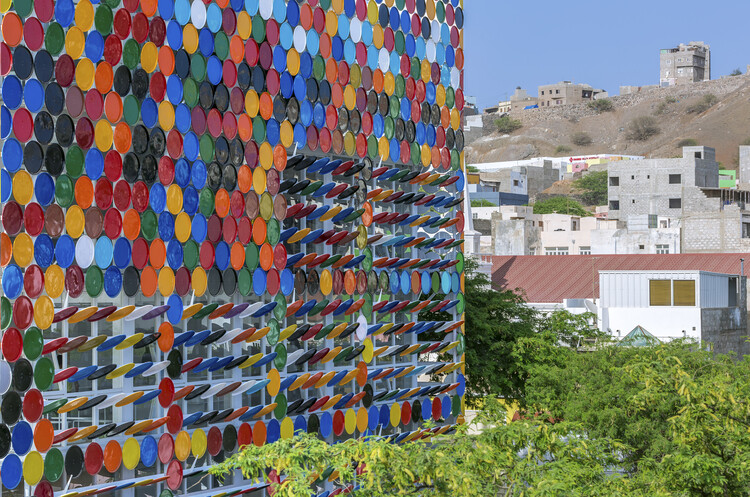 CNAD National Art, Crafts and Design Center / Ramos Castellano Arquitectos. Image © Sergio Pirrone
CNAD National Art, Crafts and Design Center / Ramos Castellano Arquitectos. Image © Sergio Pirrone
As the boundaries of culture shift, new questions arise: How can digital platforms and virtual spaces transform the cultural experience through architecture? How can architects balance the needs of heritage with the demands of contemporary cultural production? And what impact do funding models, from public investment to private philanthropy, have on the future of cultural spaces?
This month’s coverage invites reflection on the role of architecture in shaping cultural life today. From preserving memory to creating new stages for expression, these spaces reveal how culture is constantly redefined — and how architecture remains at the heart of that transformation.
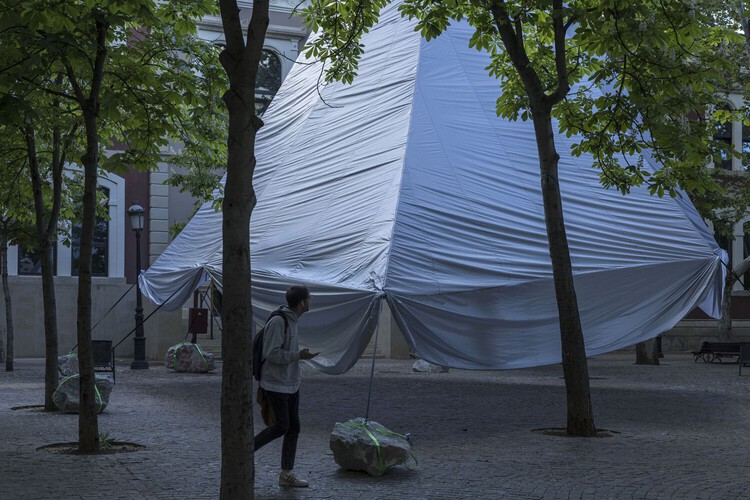 Scenius 26003 Pavilion / Daryan Knoblauch. Image © Laurian Ghinițoiu
Scenius 26003 Pavilion / Daryan Knoblauch. Image © Laurian Ghinițoiu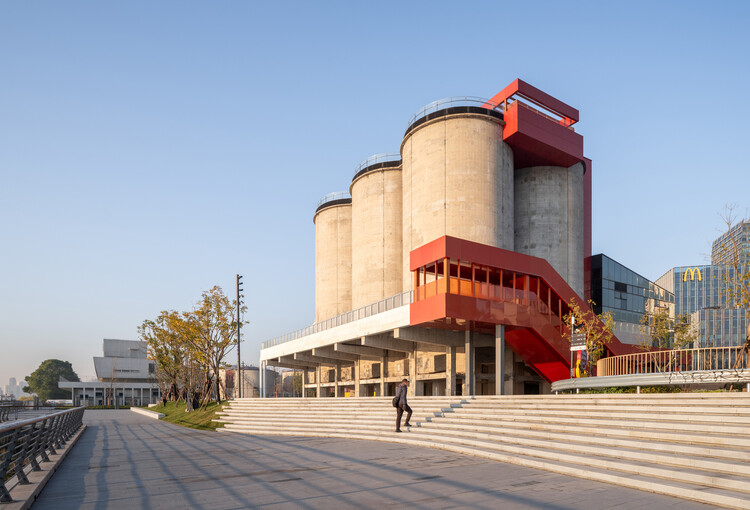 GATE M West Bund Dream Center / MVRDV. Image © Sanqian Visual Image Art
GATE M West Bund Dream Center / MVRDV. Image © Sanqian Visual Image Art
This article is part of the ArchDaily Topics: The Architecture of Culture Today. Every month we explore a topic in-depth through articles, interviews, news, and architecture projects. We invite you to learn more about our ArchDaily Topics. And, as always, at ArchDaily we welcome the contributions of our readers; if you want to submit an article or project, contact us.

